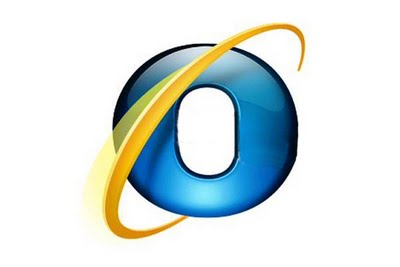By Chris Slavens
Perhaps the Obama administration and Democratic majority overestimated their ability to sell the American people on proposed radical changes to our political and economic systems, as the federal health care takeover has ground to a near halt, and an increasing number of administration officials are being exposed for far-left statists with a sinister, unconstitutional agenda.
But those in power show no signs of being bothered by something as trivial as the will of the people, and could very well continue down a planned path of disaster, moving on from health care to tackle a vital instrument of free speech. ObamaCare has turned into a nightmarish legislative struggle; will ObamaNet be the next?
Most people have never heard of Cass Sunstein, despite conservative alarm at his 2009 appointment to head the Office of Information and Regulatory Affairs. The Harvard-educated regulatory czar has, in addition to proposing other ludicrous ideas, called for a hunting ban in the U.S., claimed that exposure to sunlight is unhealthy, and proposed that Americans celebrate April 15 as a sort of tax holiday. As if those aren’t enough, Sunstein is also an advocate of a federally enforced Internet “fairness doctrine.”
Claiming that the uncensored World Wide Web, on which anyone can write or read the content of his or her choice, is a threat to level-headed democratic government, he wants to impose a 24-hour cooling off period for emails (to prevent the sending of angry missives), and create mandatory “electronic sidewalks,” which would display links to opposing views alongside all opinion-based content. Somehow, it seems unlikely that these state-controlled sidewalks would link to tea party or libertarian websites.
In addition, the constitutional law professor has stated that, “under imaginable conditions,” conspiracy theories might be banned, such as those related to the Kennedy assassination, or Obama’s country of birth, and has suggested a tax, “financial or otherwise,” on those who propagate such theories. What sort of tax would fall under “otherwise?” Body parts, perhaps? Fingers for bloggers; tongues for talk radio hosts?
That’s quite a stretch, but in all seriousness, Sunstein believes the federal government should decide which conspiracy theories are appropriate, and then take action to counter those deemed to be nonfactual, marginal, or dangerous. Such an ideology, if legislated into reality, would depend on filtering substantial portions of the Web, as Communist China does with its “Great Firewall,” and would constitute a blatant violation of the First Amendment. The United States could become what is called an Internet black hole, joining the ranks of Cuba, North Korea, and Iran.
Support for such totalitarian tactics should come as no surprise to those who have uncovered similar ideas in the speeches and writings of Obama’s other hand-picked czars, who have significantly more power over policy decisions than any individual member of Congress, but it is still tempting to pinch one’s self. Surely, Internet censorship and suppression of free speech is only the province of foreign regimes, science fiction plots, and bad dreams. Right?
Don’t bet on it. This administration has shown little regard for the Constitution in its push for ObamaCare, and even less for public opinion. The increased power of the Executive Branch might mean that regulatory affairs, relating to the Internet and other forms of communications technology, could be kept out of Congress in the future, and controlled behind the scenes. It will bear a different name, and be kept as far under the radar as possible, but the coming of ObamaNet is imminent. It is up to the defenders of free speech to prevent it.
Chris Slavens, former member of the Wilmington New Journal Community Board, is a Liberty Features Syndicated writer for Americans for Limited Government.

